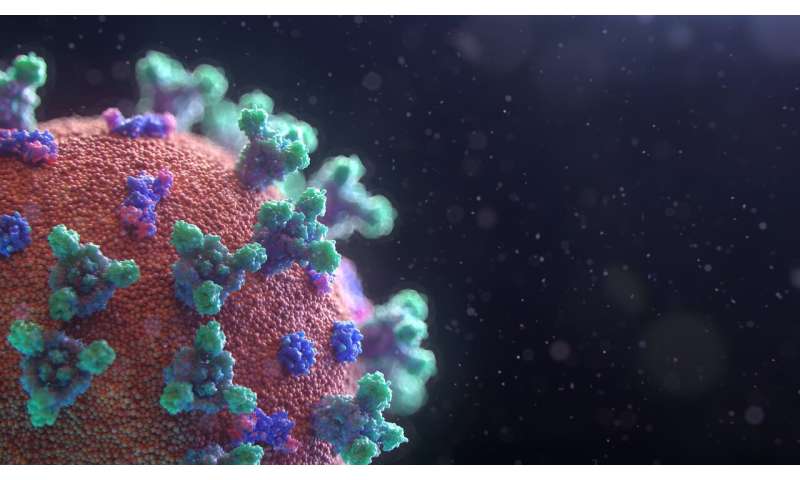
France on Sunday reported almost 4,900 new coronavirus cases over the last 24 hours, its highest figure since May, as the health minister acknowledged there were “risks” in the surging infection levels.
The French health authorities said in a statement that 4,897 new positive tests were registered on Sunday, sharply up on Saturday’s figure of 3,602.
The figure is France’s highest since it emerged in May from the two month lockdown to combat the virus that had until now successfully squashed infection rates.
“We are in a situation where there are risks,” Health Minister Olivier Veran said in an interview with the Le Journal du Dimanche newspaper as the French prepare to return to work from the summer holidays.
He emphasised however that the situation was “not the same as it was in February” when the virus began spreading in France, with COVID-19 now circulating four times as much among the under 40s as the over 65s.
Testing had now been ramped up so France can undertake 700,000 tests a week, he added.
But he added that the risk was that young people could pass on the virus to the elderly, who are far more at risk of developing serious complications or dying.
He lamented that most infections were happening in “festive situations” attended by young people where social distancing was not respected.
Three percent of tests were now positive, an increase on one percent at the beginning of the summer. An infected person now transmits it to 1.3-1.4 other people on average, he added.
But Veran said that a new nationwide lockdown was “not on the agenda” and unlike in the spring “we have more knowledge and means at our disposal”, with targeted local measures the best action to take.
There are now 4,709 people hospitalised in France with a coronavirus infection while 383 are in intensive care, the health authorities said.
One more death was registered Sunday, bringing the total number of deaths of people suffering from COVID-19 in France to 30,513 it said.
Veran said he was aware of speculation that the virus was now less deadly because it had mutated but said the argument, “alas”, had no scientific basis.
Source: Read Full Article
